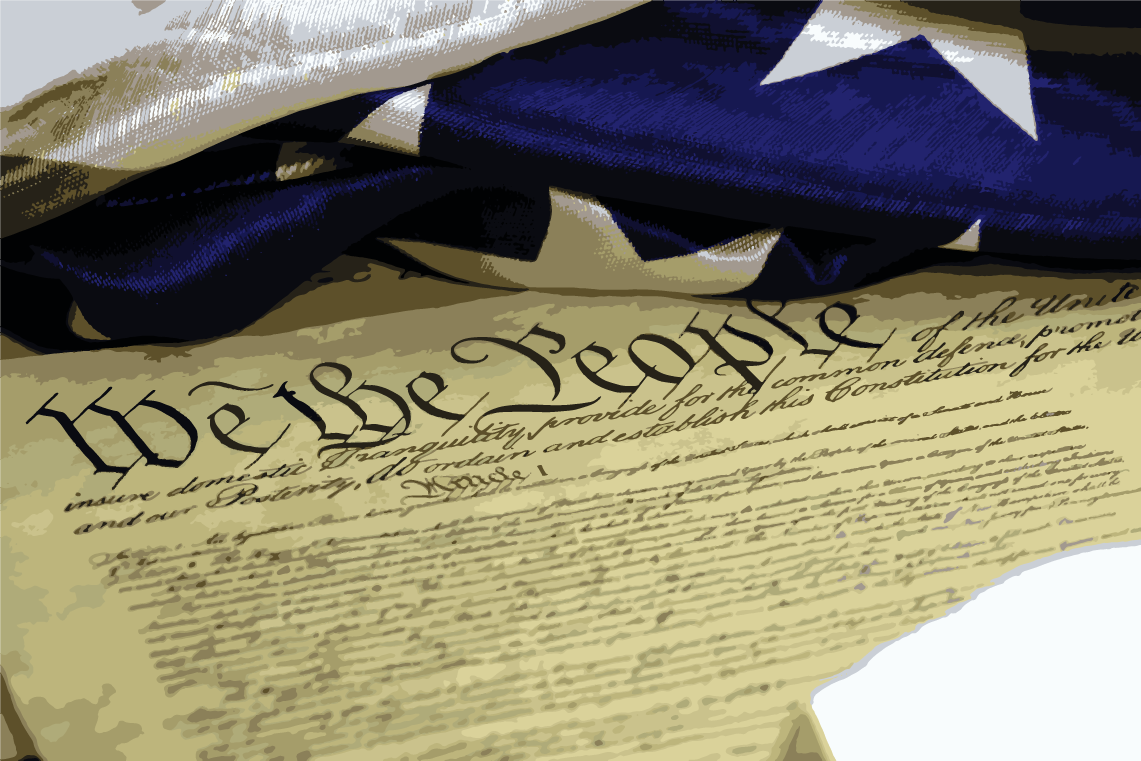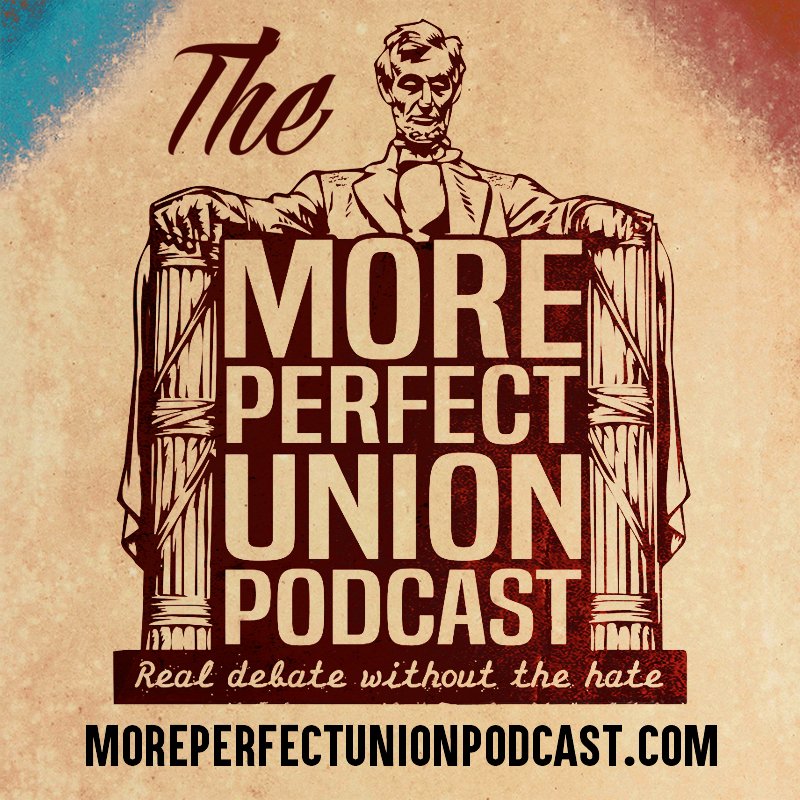

Latest Episode
Was the New Deal Racist? Yes.

Was the New Deal Racist? Yes.
by D.J. McGuire
The more one looks at the actual policies enacted during the Roosevelt administration, the more one comes to the painful conclusion that FDR, whatever his intentions, allowed the government under his command to build a welfare state not for all, but for whites only. Perhaps I’m coming to this realization later than most who are younger (I’ll turn 45 next week), but I am painfully certain I’ve reached it faster than those who are my age or older.
For me, the revelation that racism in the New Deal was the norm rather than the exception came in a column from Jacob T. Levy of the Niskanen Center. His entire column is worth the read, or several reads, but the economic conservative in me was struck by the following line.
When the FHA was insisting that neighborhoods be segregated in order to be eligible for mortgage or building subsidies, it contributed a great deal to the racial wealth gap that persists to this day.
In other words, the practice of “redlining” (racial discrimination in mortgage lending) was not something banks developed on their own. In other words, it was not an example of market failure. It was the result of a policy directive from the government agency most responsible for mortgage insurance and lending subsidies (see The Atlantic for more on the FHA policy).
On one level, this is merely a counterpart to the policy of the urban planners of the era: namely, put a highway through every urban African-American community one could find (Atlantic). However, when one also considers some recent economic analysis that shows wealth and income inequality in America may largely be driven by housing (Medium), suddenly the arguments surrounding those topics shift from economic discussions to racial ones.
From a historical perspective, the New Deal wasn’t a departure from the Democratic Party’s record of racism. It was the continuation – dare I say, the triumph – of its racism. It was Andrew Jackson’s Master Race Democracy updated to the circumstances of the early 20th century.
Lest anyone think of the other major party is blameless, it should be noted that by the 1950s, the Republicans have made their peace with the white welfare state that was the New Deal. They could have attacked it as the hallmark of racial engineering for purposes of dismantling it. They chose not to do so. Moreover, as the Democrats attempted to extend the welfare state to more people of color in the latter third of the 20th century, the GOP decided that the mid-century safety net was enough.
This isn’t to say that making the welfare state larger was necessarily correct from an objective point of view; one could argue that the welfare state of the 20th Century only “succeeded” by relying on exploited minorities that were denied it benefits. However, the Republican Party didn’t advance this argument. Instead, the GOP chose to defend big government for whites only.
I still think the welfare state needs serious reform. At the same time, any reduction or reform needs to take history into account, lest we end up repeating it (to wit: one of my preferred methods of addressing Social Security/Medicare issues – raising the retirement age – faces a limitation from racial life expectancy gaps).
Still, I think if we recognized the racism inherent in the New Deal – still arguably the center-piece of all arguments for greater government intervention in the economy – we would be more able to recognize that reducing the impact of institutional racism involves scaling back the historically racist institutions which fueled it.
D.J. McGuire is the conservative Democrat on More Perfect Union podcast – and sometimes feels like he is the lone conservative Democrat in the country.






